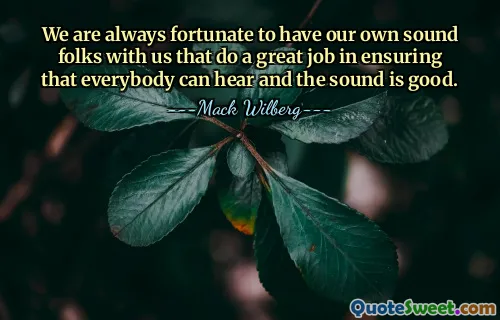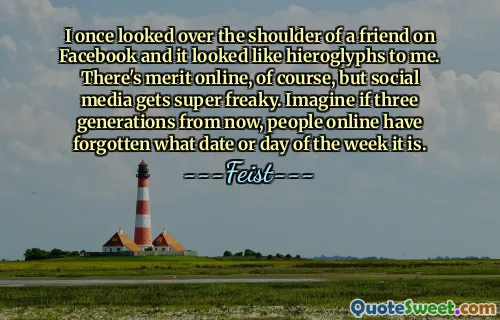
When, in disgrace with fortune and men's eyes,I all alone beweep my outcast state And trouble deaf heaven with my bootless criesAnd look upon myself and curse my fate, Wishing me like to one more rich in hope, Featured like him, like him with friends possess'd,Desiring this man's art and that man's scope, With what I most enjoy contented least; Yet in these thoughts myself almost despising,Haply I think on thee, and then my state, Like to the lark at break of day arising From sullen earth, sings hymns at heaven's gate
This quote reflects the deep feelings of despair and isolation of the speaker, who feels rejected by fortune and others. They lament their "outcast state" and express a longing to be like others who are more fortunate, rich in hope, friendships, and talents. The emotions of self-doubt and envy dominate their thoughts as they curse their own fate and wish for a different life, resulting in a significant sense of dissatisfaction.
However, the speaker finds a moment of solace when thinking about a beloved figure. This shift in thought transforms their perspective, comparing their rise to that of a lark singing joyfully at dawn. This imagery highlights a movement from darkness to light, suggesting that love or the memory of loved ones can uplift the spirit and provide hope amid despair.





